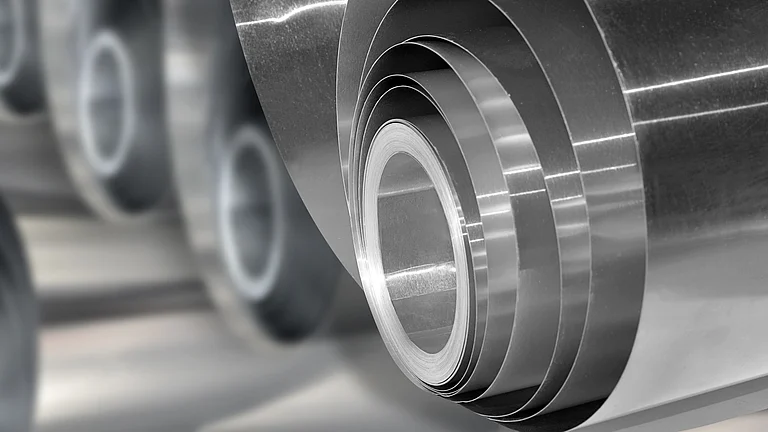Google signed a deal with Varaha to buy carbon credits on January 16. The tech giant will purchase 100,000 tons of carbon credits between now and 2030. Reported to be one of the largest purchases of biochar carbon removal credits by any buyer to date, this deal marks Google's first foray into India's carbon dioxide removal (CDR) sector.
Varaha is an Indian initiative that turns agricultural waste into biochar - a form of charcoal that removes carbon dioxide from the atmosphere and returns it to the soil. Biochar improves soil health, fostering plant growth and countering invasive species by neutralising their toxins, making it key to biodiversity conservation, according to World Economic Forum.
Google is one of the major tech companies planning to reduce emissions through CDR, a collection of interventions designed to remove carbon dioxide from the atmosphere and oceans. Biochar could prove a cheaper near-term option against the expensive new technologies that extract carbon dioxide from the air.
Highlighting the potential for rapid growth, Varaha's CEO, Madhur Jain told The Economic Times that waste from India's farms could produce enough biochar to store over 100 million tons of carbon dioxide annually.
Biochar Carbon Removal for Carbon Sequestration
According to Business Today, Varaha has an in-house digital Measurement, Reporting and Verification (MRV) system that integrates remote sensing to monitor biomass availability. The company’s mobile application captures geo-tagged, time-stamped images to record geographically distributed project activities, like biomass excavation and field application of biochar. This ensures the credits produced meet the global standards for transparency and scalability.
For its partnership with Google, the project will generate biochar from the biomass of an invasive plant species, Prosopis Juliflora, through a state-of-the-art pyrolysis facility in Gujarat. The current Prosopis Juliflora infestation reduces plant biodiversity and overtakes native grasslands originally used for livestock grazing in Gujarat, reported Business Today.
This agreement paves the way for Varaha to cater to other biochar credit buyers over the next twelve months and to establish more biochar pyrolysis facilities in other biomass-rich regions of India.
Varaha, which also produces biochar from corn-farming waste, is backed by investors including Japan’s Norinchukin Bank and private equity funders from India, the US and Singapore, reported Financial Times.































